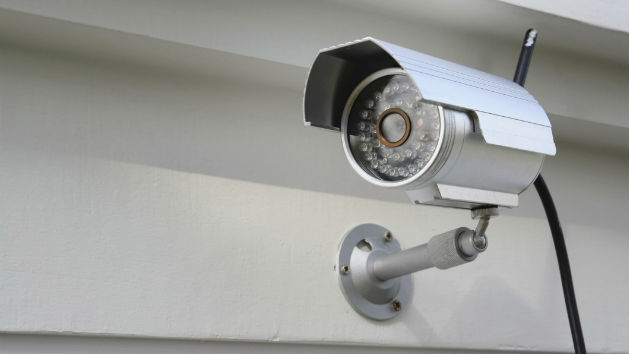Modeling Shoot Brings Fast Cash, Then Decade of Aggravation
Published at
 iStock/Thinkstock(NEW YORK) — Victoria Bond once received a call from her husband’s parents asking if she knew she had been featured in their local Midwestern penny saver as the face of Dulcolax, a laxative for women. She did not.
iStock/Thinkstock(NEW YORK) — Victoria Bond once received a call from her husband’s parents asking if she knew she had been featured in their local Midwestern penny saver as the face of Dulcolax, a laxative for women. She did not.
Bond spent one day in 2003 modeling for a stock photo company and her photos continue to pop up in the most unexpected ways.
“They keep popping up in random places,” Bond, a professor of English at John Jay College of Criminal Justice told ABC News.
Bond said she had been working her way through graduate school when she landed the gig, receiving a flat rate of $2,500 for a full day of modeling for random photos.
With a studio set-up she recalled as being reminiscent of an Ikea store, Bond jumped from room set-up to room set-up, posing in all different scenarios: a kitchen, a living room, a bathroom, and even with a fake husband and children in different shots.
“I’ve seen myself in a bank, happy at home at a computer, as a happy mom in a Walmart, and even as a happy mom to a completely different set of kids,” said Bond, who reported having bumped into different versions of herself at least 15 times over the years.
“They just don’t stop,” Bond said, “and it’s weird because you have no memory of that stuff.”
Though Bond only modeled for the company for one day, she estimated 500-600 photos, possibly more, were taken of her and continue to be sold for various ads and campaigns. Bond signed a release form, giving away all rights to the photos, the only stipulation being that the snaps could not be used in HIV or STD medication ads. Besides those two exceptions, Bond says companies not only have permission to use the photos, but also to edit them, which she believes is how the box of Dulcolax was shown in her hands.
Though she signed the proper releases, Bond said she was too young to really understand what she was signing up for.
“You don’t realize that your image is going to be sold and you’re not going to receive any money for it,” said Bond.
Bond, who said she lived above a travel agency for three years before recognizing herself as the woman in the background of the travel billboard near her apartment, said the experience of continuously seeing herself in the ads is “shocking and annoying.”
“It’s very disorienting,” said Bond. “It alienates you from yourself. It makes it hard to recognize yourself.”
Bond said she frequently is sent photos of herself in random ads by friends and family, whether it be her and her happy fake family in Walmart or a shot of her in a doctor’s office, informing the public about how important it is to prevent diabetes.
As a professor, Bond will also get sent photos by her students. Though the pictures have popped up in strange places, Bond has taken it all in stride, though she fears what the future might hold for the shots taken so long ago.
“My worst fear would have to be showing up on some sort of skeevy dating site or phone sex promotion,” said Bond, “but I guess you never know.”
Follow @ABCNewsRadio
Copyright 2014 ABC News Radio


